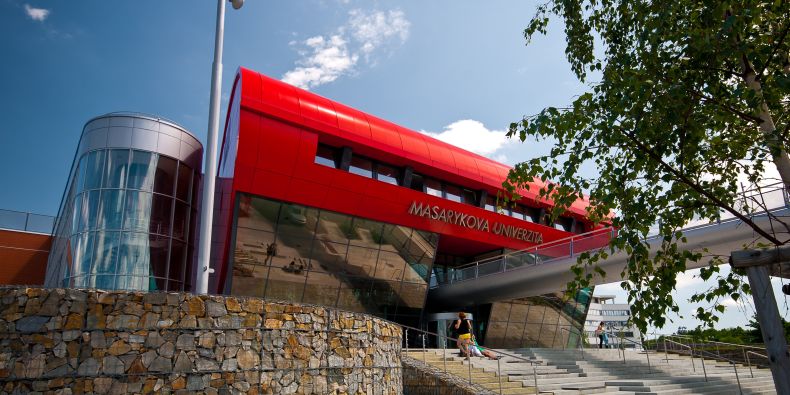“I’d like to set some things straight that have been appearing in the media, clearly without any deeper knowledge or context of ongoing discussions within the University. Our unequivocal priority is to assure that classes be taught in-person, as we are used to in the greatest extent as possible and at the times and dates scheduled,” said MU rector Martin Bareš before the start of the academic year.
According to him, reintroducing online learning is not being planned and would occur only if absolutely necessary. “If things get extremely bad, we are in many ways able to transition the entire University into online mode. Thanks to COVID-19 we are very experienced in this regard, and we know that we can handle such things. Moreover, we are technologically prepared for such an eventuality. I would like to stress that this is currently just something that we are only considering within the University as part of a crisis scenario,” added Bareš.
The rapidly increasing price of energy will of course force University leaders to discuss various forms of energy-saving measures and making University operations more efficient. Internal proposals for saving energy that are being considered include lowering room temperatures and recommending employees work from home on certain days. “I don’t want to anticipate which specific measures will be put into place because for the time being we are only at the brainstorming stage and monitoring practical options for energy regulation, which must be grounded in legislation. Right now, however, we already know that even if we did introduce fundamental energy-saving measures, we would save only between 10 to 15%, which, given the exponential rise in electricity and gas prices, isn’t a cure-all,” explained Bareš.
If any transition to online learning does occur, it will happen only late in the winter and only if higher education institutions do not receive any state support, or if there is a critical shortage of energy. “Czech higher education is aware that, after two years of hybrid learning caused by the COVID-19 pandemic, it is important for classes to be held in-person and in a straightforward manner,” emphasized Bareš, who also chairs the Czech Rectors Conference.
For the time being, Czech universities will draw the funds for covering increasing energy costs from their savings. At the same time, it is estimated that growing energy prices will cost all Czech higher education institutions in total at least five billion crowns. Therefore, Bareš, acting as the chair of the Czech Rectors Conference, is currently holding talks with government ministers and the prime minister about possible forms of state support for all universities and higher education institutions.
